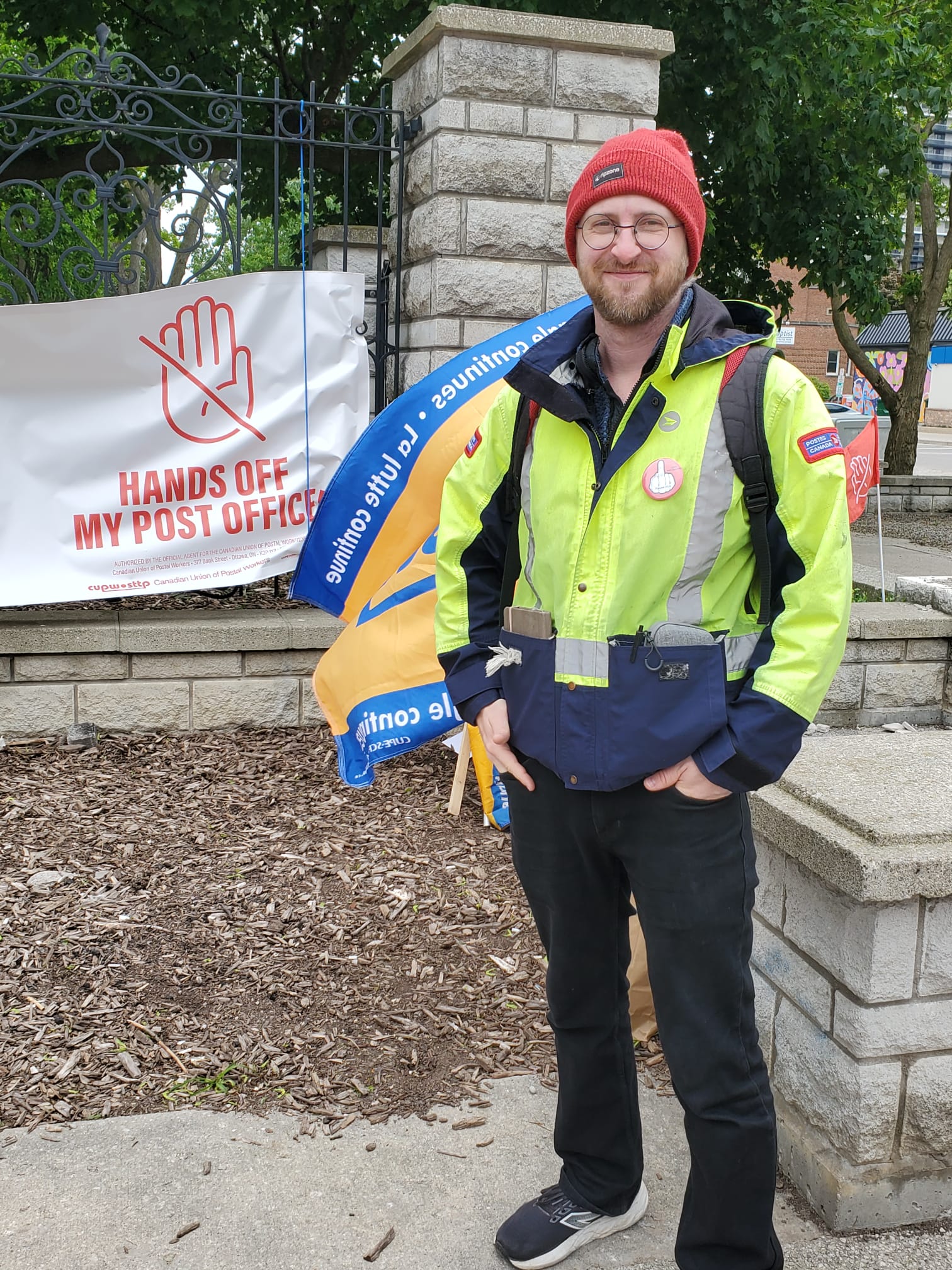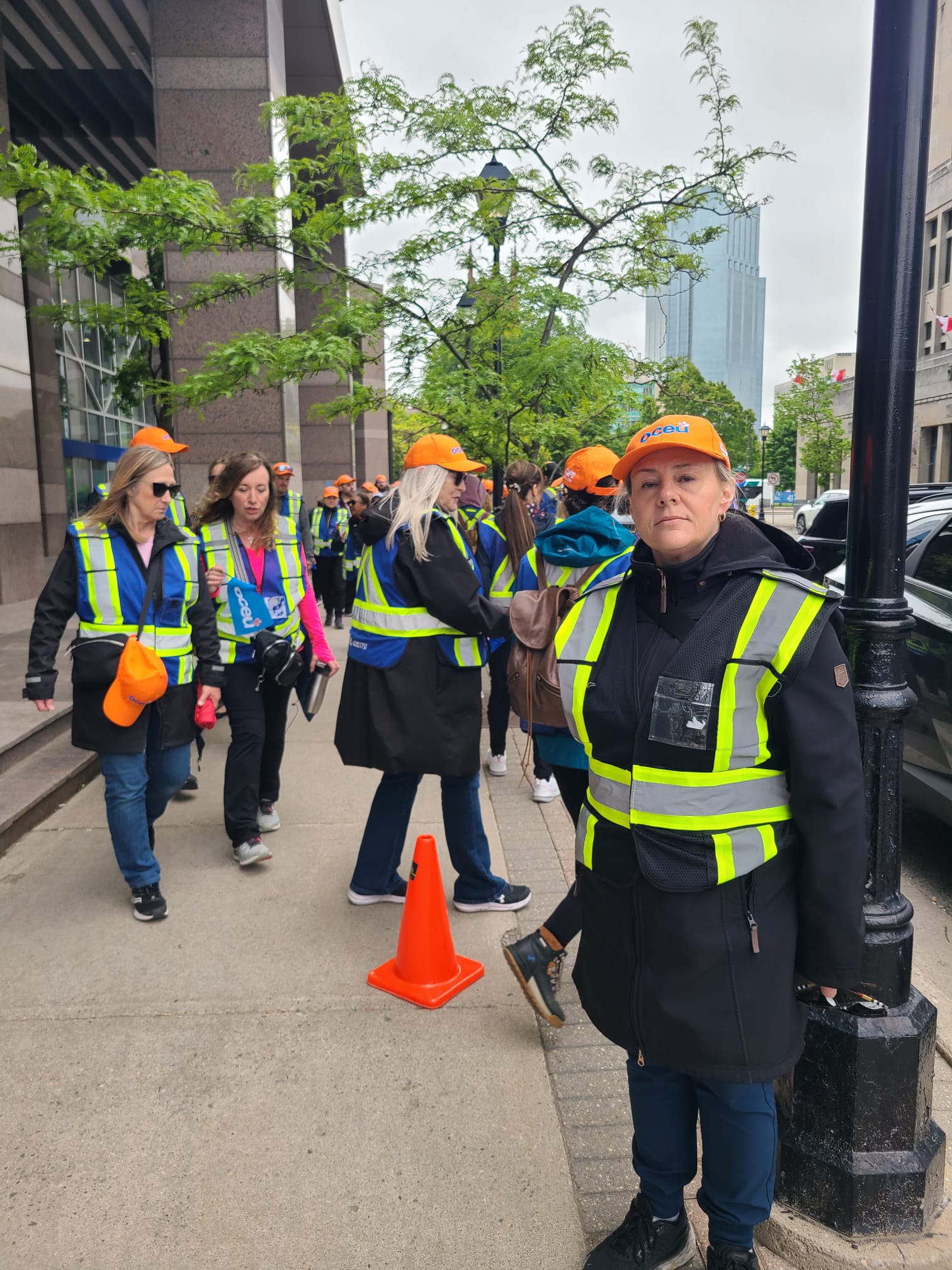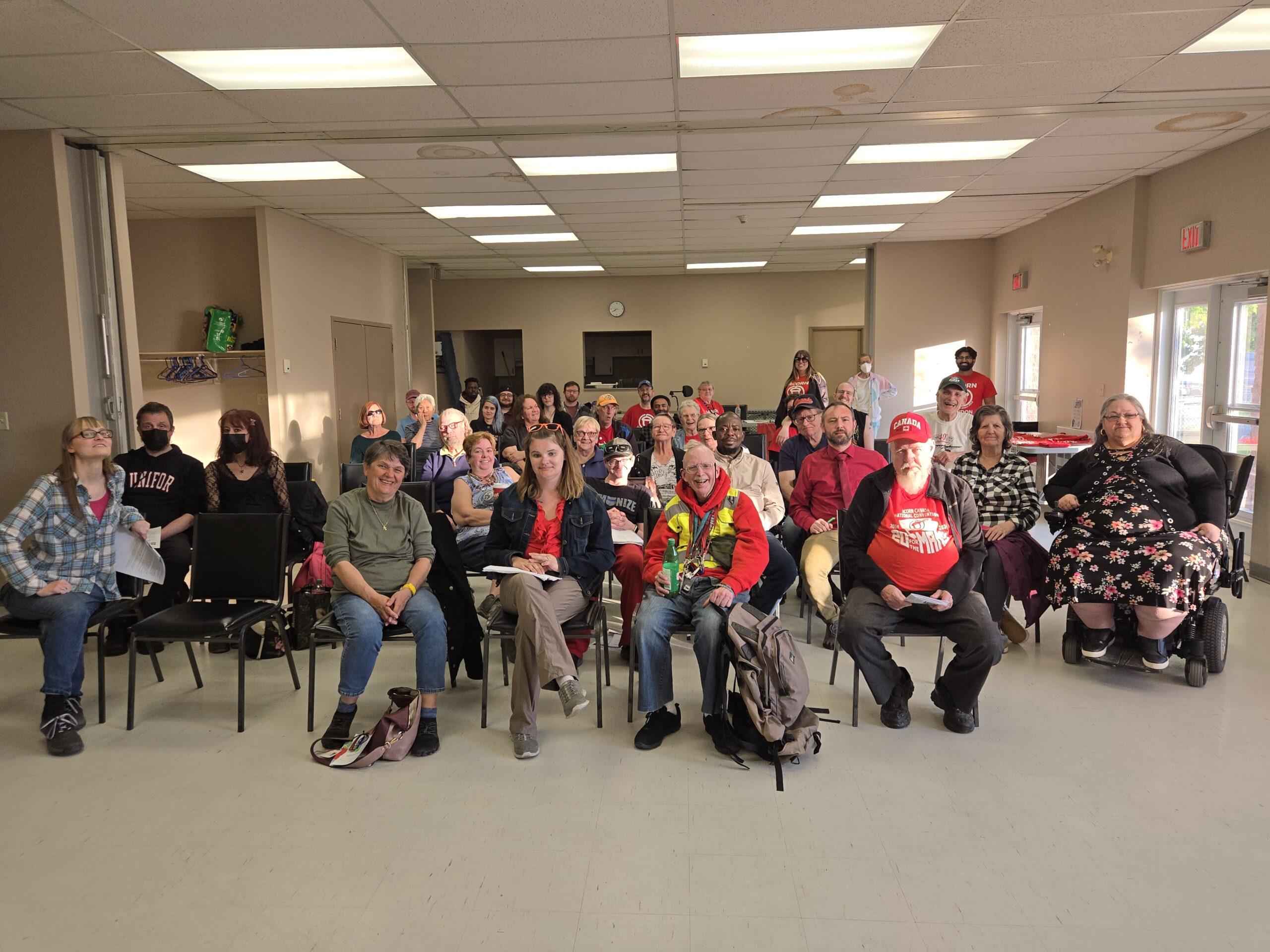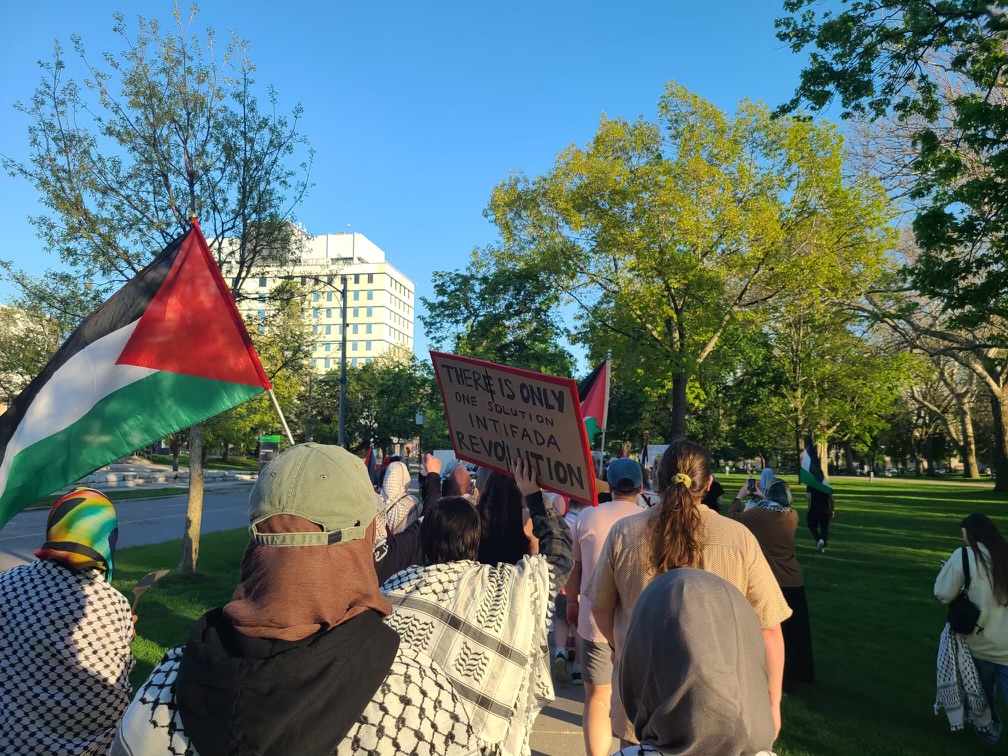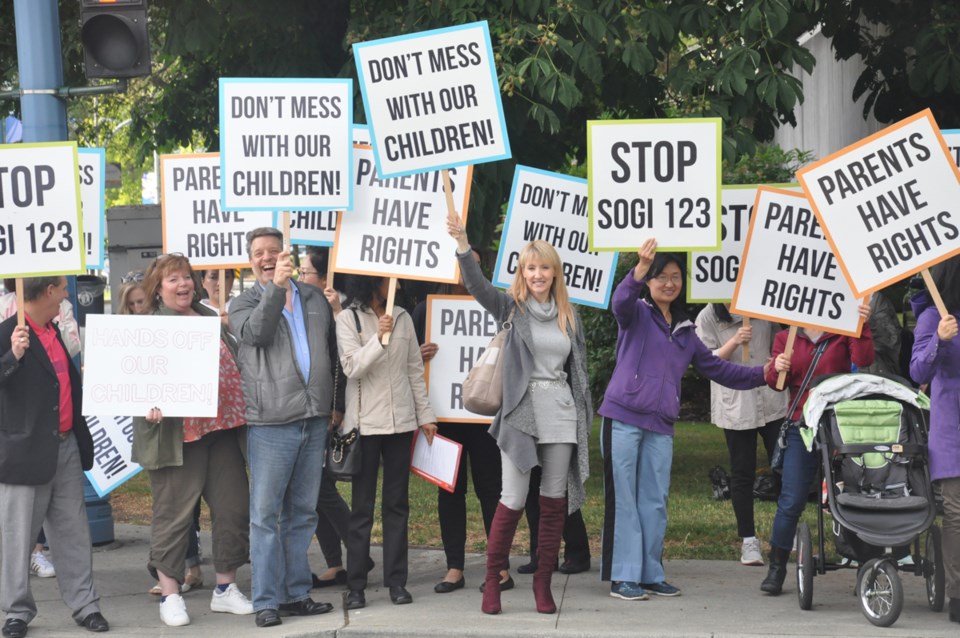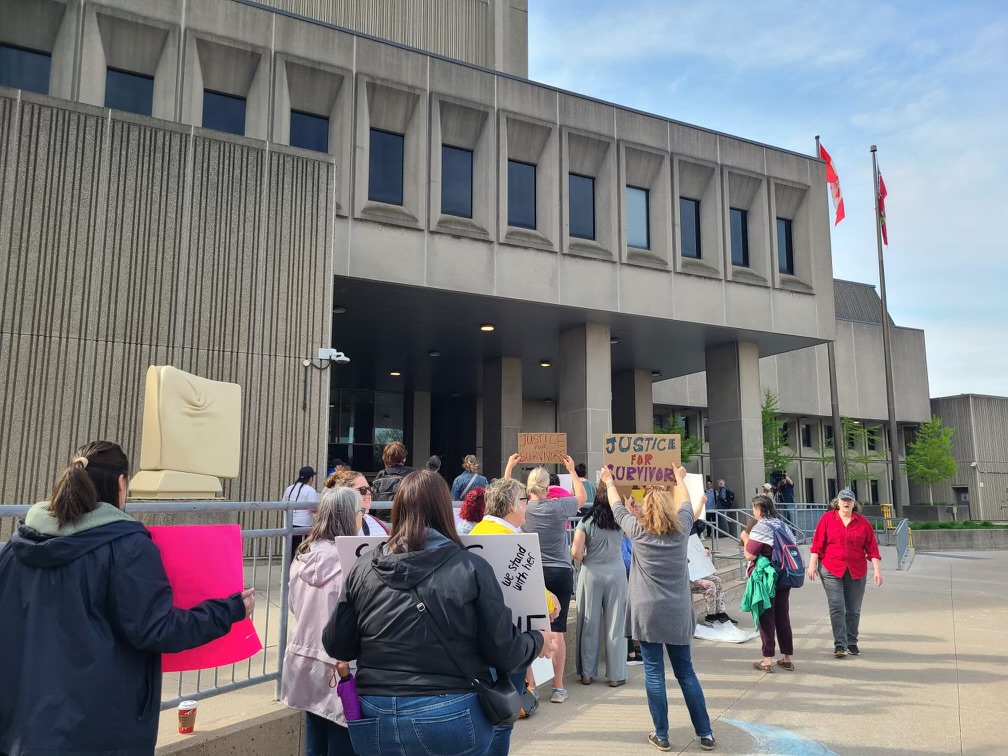“We’re falling behind”: Canadian Hearing Services workers strike for fair wages, job protections
Emmanuel Akanbi
Fri June 6, 2025
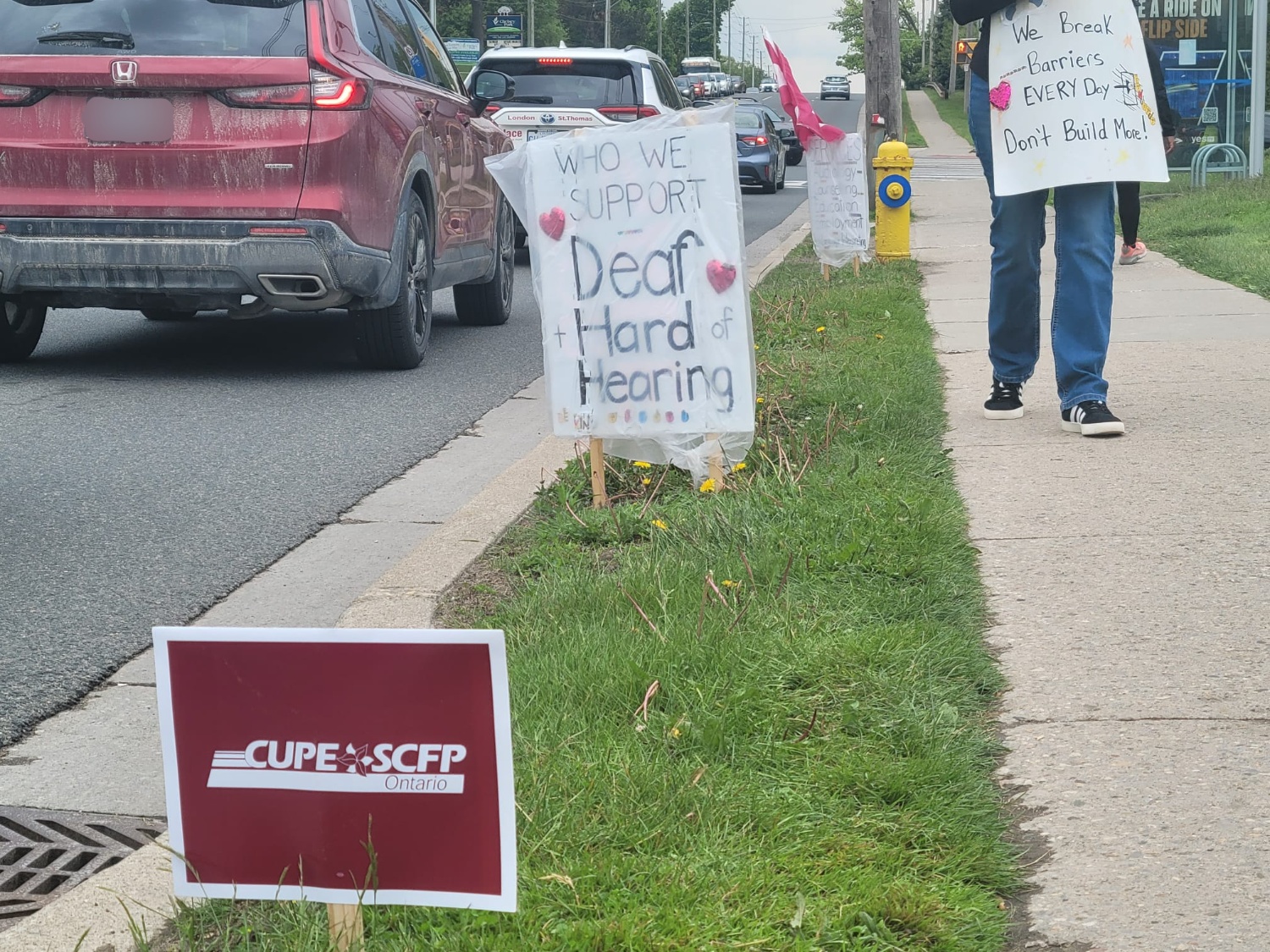
For more than six weeks, over 200 Canadian Hearing Service (CHS) workers have been on strike across the province.
Represented by the Canadian Union of Public Employees Local (CUPE) 2073, the sign language interpreters, mental health counselors, audiologists, and other striking staff of CHS are hoping for more support from the public as they approach their sixth week on the lines.
CHS is a nonprofit organization based predominantly in Ontario. The organization provides a plethora of services for Deaf and hard of hearing individuals across the country. Since Julia Dumanian became CEO of the company in 2015, service provisions in the province have dwindled.
“We’re falling behind for pay, services are being cut, offices are closing … 10 years ago we used to have 25 offices, we now have 10 offices in Ontario,” said CUPE 2073 picket captain Amanda.
In London, the CHS office is at Cherryhill Village Mall — home to just 11 employees, with only 4 full-time in-person staff. These workers cover CHS services across the southwestern Ontario region, with the next closest offices in Windsor and Hamilton. Staff numbers have dropped from more than 450 to just 206 across the province.
The specialized staff at CHS London are highly educated experts in visual communication and support clients with a variety of language backgrounds, including sign languages from around the world. But as their pay begins to lag, workers have been forced to find other jobs.
“We’re asking for fair wages, but predominantly it’s just to protect these services because as they keep getting reduced and reduced, the community is the one that’s suffering,” said Amanda. The union is asking for a two-year contract that includes a two per cent wage increase in the first year and a three per cent increase the next, citing that their wages have fallen 16 per cent behind inflation.
Amanda also noted that there is a big Deaf community in London with an estimated 300 people. She believes the limited number of staff don’t have the resources necessary to support the community. “It’s not enough that they can all be given the service as fast as what they need.”
Jennifer Lynch, a Deaf person herself, has worked at CHS for 13 years as a settlement services counselor, supporting newcomers to Canada learning English or American Sign Language. Jennifer told Antler River Media that she supports folks through the settlement program to find housing, figure out their rent, and any other settlement-related issues they experience.
“It’s really hard to find coordinators and teachers to fill those positions, a lot of the responsibility ends up coming back to [her]. There’s not enough training and promotion of Deaf qualified staff.”
Jennifer explained she would like to see CHS develop relationships with the Deaf community locally to try and fill these positions, recognizing that the community they serve has the right experience to match the need for additional staff. She added the Deaf community feels invisible in London, signing: “A lot of folks don’t know that the Deaf community is here and that they need support.”
Amanda noted that part of the budget cuts for CHS workers have shifted services to virtual, which is not ideal for the Deaf community.
“They really need an in-person experience. Zoom and online [services] — they’re great for money saving, but for the community that really values face-to-face communication, they’re not the right fit.”
CHS’s accessible supportive services include interpreters for deaf and blind individuals, home safety assessments and clinics supporting people with mobility issues and seniors, Deaf literacy programs and employment services. Travis Morgan, president of the Ontario Association of the Deaf board, notes that “nobody else provides that broad of a service in the province — as a result, people who are deaf and unable to talk — they’re isolated.”
Although other freelance interpreters and audiologists exist in larger city areas, local interpreters for smaller communities are extremely hard to come by.
“London is a little bigger, they have several freelance interpreters in the city, so you can imagine how cut off local communities like Stratford would be — so if you’re in London you might get your needs met [right now] but if you’re in Stratford, you’re out of luck,” explained Morgan.
Due to the length of the strike, some workers worry that the staff team will dwindle further as workers who can’t afford to be on strike for longer than a month quit. Many noted it will be even more difficult to hire new staff due to CHS’s current reputation in labour relations.
“I don’t know what it’s going to be like when we get back to work … there’s so many clients that we’ve left without support,” said one worker.
Makayla, another CHS London worker, noted that this is the second-ever strike in CHS’s 85-year history, with 2 strikes in the last 10 years under the leadership of Julia Dumanian. “She wants to keep giving us one-year deals, which means that this could become a yearly occurrence … her finance officer got a 30 per cent raise, her head of HR got a 22 per cent raise.” Makayla noted, referring to CHS’ Vice President of Business Development Fraser Edward and Director of Human Resources May Ramdial, with numbers backed by the Ontario Sunshine List of public sector employees who earn more than $100,000. Laura Mcgowan, Director of Integrated Marketing received a 41.71% raise in the 2023-2024 fiscal year.
“She’s refusing to give us 2 per cent a year!” another worker added.
Since the beginning of her tenure as CEO, Dumanian’s salary has increased by 178 per cent. The Ontario Sunshine List lists Dumanian’s 2024 salary as $340,250.
Dumanian’s role in the public sector has long been controversial. She was fired from Cambridge Memorial Hospital after spending more than $160,000 on unnecessary leisure expenses like travel and food at golf clubs, leasing luxury vehicles and limousines. Despite this, she had an 18-month severance package that included $535,000 in salary and $115,000 in benefits payouts after her termination.
